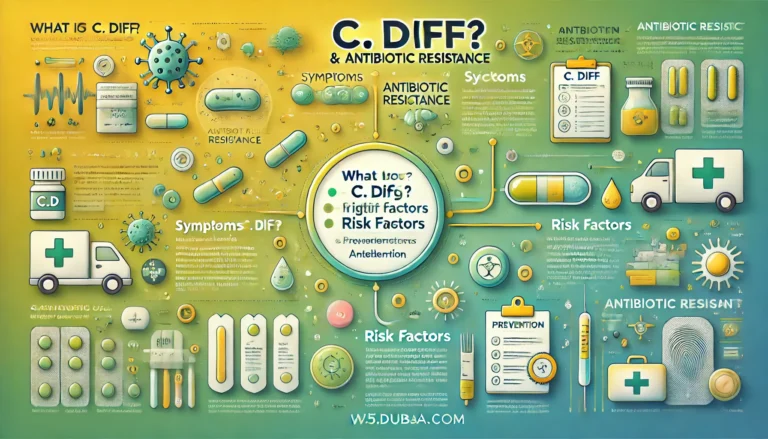Scientists Issue Critical Warning on Climate Change: Urgent Action Needed
In a recent and alarming development, scientists have issued a critical warning regarding the escalating impacts of climate change in the United States. The call to action is clear: immediate and significant efforts are required to mitigate the devastating effects of global warming on our environment, health, and future generations.
The Warning
The report, highlighted by Yahoo News, emphasizes that climate change is no longer a distant threat but a present reality. The scientists warn that the increasing frequency and intensity of extreme weather events, rising sea levels, and unprecedented shifts in ecosystems are evidence of a rapidly changing climate. These changes pose significant risks to human health, infrastructure, and biodiversity.
Key Findings
Extreme Weather Events: The United States is experiencing more frequent and severe weather events, including hurricanes, wildfires, and heatwaves. The National Oceanic and Atmospheric Administration (NOAA) reports that 2023 was a record-breaking year for billion-dollar weather and climate disasters.
Rising Sea Levels: Coastal communities are facing the threat of rising sea levels, which can lead to increased flooding and erosion. According to the Environmental Protection Agency (EPA), sea levels along the U.S. coastline have risen by about 8 inches since 1880, with nearly half of that increase occurring in the last 25 years.
Impact on Ecosystems: Changes in temperature and precipitation patterns are disrupting ecosystems and threatening wildlife. The U.S. Fish and Wildlife Service (USFWS) highlights that many species are struggling to adapt to the rapidly changing environment, leading to increased risk of extinction for some.
Health Implications
Climate change has direct and indirect effects on human health. Increased temperatures can lead to heat-related illnesses and deaths, while changing weather patterns can exacerbate respiratory conditions and vector-borne diseases. The Centers for Disease Control and Prevention (CDC) outlines several health impacts associated with climate change, including:
- Heat-related illnesses
- Respiratory issues due to poor air quality
- Spread of infectious diseases
- Mental health stress from extreme weather events
Urgent Actions Required
The scientists’ warning calls for immediate action to curb greenhouse gas emissions and transition to renewable energy sources. The report suggests several key strategies:
Reduce Emissions: Implementing policies to reduce carbon emissions from industries, transportation, and agriculture. The U.S. Department of Energy (DOE) is investing in clean energy technologies to promote a sustainable future.
Enhance Resilience: Strengthening infrastructure to withstand extreme weather events and rising sea levels. The Federal Emergency Management Agency (FEMA) provides resources and support for building resilient communities.
Promote Conservation: Protecting and restoring natural habitats to support biodiversity and enhance carbon sequestration. The National Park Service (NPS) is working on various conservation projects across the country.
Increase Public Awareness: Educating the public about the impacts of climate change and encouraging sustainable practices. The Environmental Protection Agency (EPA) offers educational resources to help individuals and communities take action.
The critical warning from scientists underscores the urgency of addressing climate change. Immediate and sustained efforts are necessary to protect our environment, health, and future. By reducing emissions, enhancing resilience, promoting conservation, and increasing public awareness, we can work towards mitigating the impacts of climate change and ensuring a sustainable future for generations to come.






